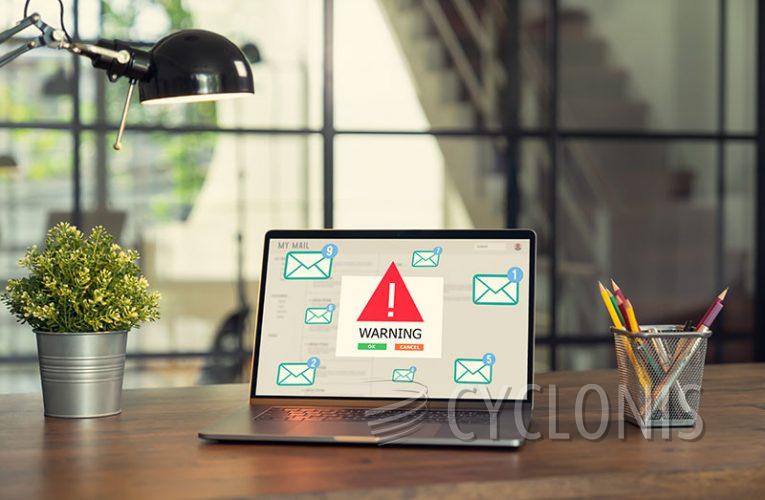Beware of the 'Messages Are Pending Due To Storage Error' Email Scam

Computer scams and phishing attempts have become increasingly sophisticated, preying on the trust and curiosity of unsuspecting recipients. One such deceptive scheme is the "Messages Are Pending Due To Storage Error" email scam. This elaborate ruse is designed to mimic a notification from a legitimate email service provider, but beneath its seemingly innocuous exterior lies a dangerous trap.
Table of Contents
Understanding the “Messages Are Pending Due To Storage Error” Scam
Upon closer examination, it becomes evident that this email is not what it appears to be. Our team of experts has scrutinized this communication and determined it to be a well-crafted phishing attempt. Phishers employ this tactic to trick recipients into clicking on a link that leads to a fraudulent webpage, where they are coerced into revealing sensitive personal information. It is crucial for all recipients to exercise caution and refrain from engaging with this email.
The Anatomy of the Scam
The fraudulent email alleges that there are undelivered messages languishing in the recipient's inbox, highlighting a purported storage error as the cause. To avert the potential loss of these messages, the recipient is urged to take immediate action by clicking on a link boldly labeled "Receive Messages."
However, it is imperative to recognize this email for what it truly is: a phishing attempt. The sender cunningly poses as an email service provider, using various tactics to entice recipients into interacting with the email. Their ultimate goal is to redirect victims to a counterfeit webpage, where personal and confidential information can be compromised.
The phishing website linked in this email was found to be inaccessible. Typically, those orchestrating such email scams, posing as legitimate email service providers, have the nefarious objective of harvesting login credentials for email accounts, including email addresses and passwords.
The Dangers of Stolen Credentials
Once in possession of these pilfered login details, cybercriminals can wreak havoc in several ways. They may illicitly access the victim's email account, putting sensitive personal and financial information at risk. Furthermore, scammers can exploit the victim's identity by engaging in deceptive activities, such as sending phishing emails or fraudulent schemes to the victim's contacts.
These stolen credentials can also serve as a gateway to other online accounts linked to the same email address, escalating the threat of identity theft, financial fraud, and a host of other malicious activities.
Recognizing the Threat of Phishing Emails
Phishing emails are a cunning blend of false credibility and manipulative content. They often employ urgent or enticing language to trick individuals into disclosing personal information, such as login credentials, credit card details, or even social security numbers. Falling victim to these deceitful emails can lead to serious consequences, including identity theft, financial loss, or exposure to malware.
Examples of similar phishing emails include "Notice Of Regular Maintenance," "IMAP Is Currently Marked Inactive," and "Your Password Has Been Changed."
Avoiding the Installation of Malware
The risks associated with such scams extend beyond stolen information. Cybercriminals frequently design emails to appear genuine, luring recipients into opening attachments or clicking on links that can introduce malware into their computers.
To safeguard against such threats, it's essential to source software and files exclusively from trustworthy outlets, like official websites and authorized stores. Exercise utmost caution when dealing with emails, particularly those containing attachments or links from unfamiliar sources. Regularly updating your computer, antivirus software, and other applications is also crucial.
Stay vigilant during your online activities. Avoid engaging with pop-up ads, notifications from dubious websites, and suspicious "Download" buttons. When in doubt, refrain from clicking, and consider using updated anti-malware tools to scan for and eliminate any potential threats associated with suspicious attachments.
In a world where cyber threats are ever-evolving, knowledge and caution remain your best defense against falling prey to scams like the "Messages Are Pending Due To Storage Error" email scam.








